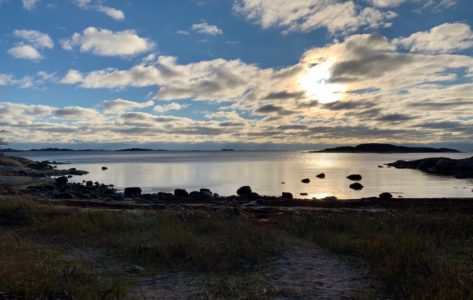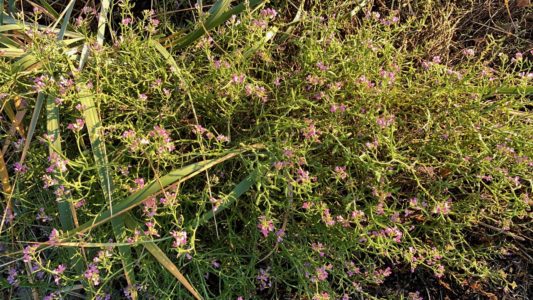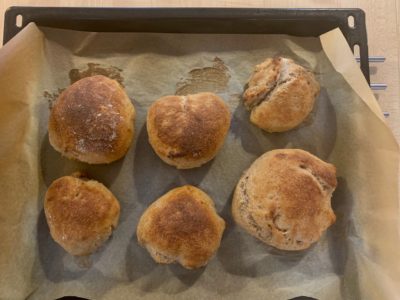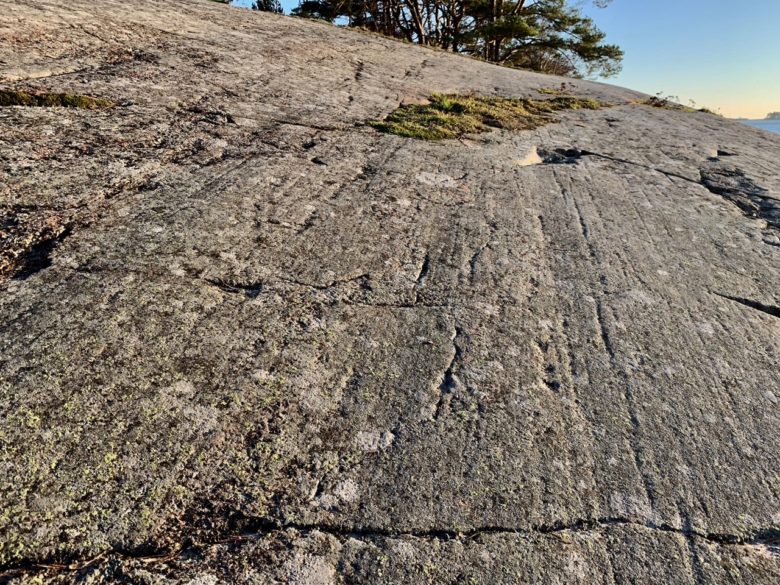20/11 Walden… Island
“Moreover, I on my side, require of every writer, first or last, a simple and sincere account of his own life, and not merely what he has heard of other men’s lives; some such account as he would send to his kindred from a distant land to me.”
I dedicate this post to Henry David Thoreau, and his self-experiment about living in the forest in solitude for over two years. During my residency, I find his book Walden, or Life in the Woods (1854) most interesting to read. After a few weeks in the Finnish natural park, my experiences have brought me to strikingly similar insights, about my own process as a composer. Thoreau is probably the first self-made artistic researcher, because he analysed and described his own process, and published a book about his radical ‘artist residency’.
“I go and come with a strange liberty in Nature, a part of herself. As I walk along the stony shore of the pond in my shirt sleeves, though it is cool as well as cloudy and windy, and I see nothing special to attract me, all the elements are unusually congenial to me.”
By now, Örö island has turned into Terra Cognita for me – I have explored it in detail, I have bodily and mentally mapped its coastlines. I have become familiar with its landscape, forests, meadows, shores, mushrooms, berries, even with its intestines, the bunkers.
“Most of the luxuries, and many of the so called comforts of life, are not only not indispensable, but positive hindrances to the elevation of mankind…None can be an impartial or wise observer of human life but from the vantage ground of what we should call voluntary poverty. Of a life of luxury the fruit is luxury, whether in agriculture, or commerce, or literature, or art. There are nowadays professors of philosophy, but no philosophers.”
The food that I eat is good, adequate and healthy. It does not offer entertainment. I could not bring chocolate… it was simply not possible to transport things like that. I had to confine myself to the bare necessities – with the exception of good coffee from Hornig’s Viennese store. Thoreau also mentions that people asked what he would eat, whether he would feel lonesome, of whether he would be afraid. That sounds familiar to me. In this short discourse about art, I appreciate Thoreau’s cynicism and his radical arguments:
“…men have become the tools of their tools. The man who independently plucked the fruits when he was hungry is become a farmer; and he who stood under a tree for shelter, a housekeeper. We now no longer camp as for a night, but have settled down on earth and forgotten heaven. We have adopted Christianity merely as an improved method of agri-culture. We have built for this world a family mansion, and for the next a family tomb. The best works of art are the expression of man’s struggle to free himself from this condition, but the effect of our art is merely to make this low state comfortable and that higher state to be forgotten. There is actually no place in this village for a work of fine art, if any had come down to us, to stand, for our lives, our houses and streets, furnish no proper pedestal for it.… Before we can adorn our houses with beautiful objects the walls must be stripped, and our lives must be stripped, and beautiful housekeeping and beautiful living be laid for a foundation: now, a taste for the beautiful is most cultivated out of doors, where there is no house and no housekeeper.”
It seems that I’m in the process of stripping my life, my internal walls, in order to rebuild the foundations for… what kind of art, or music, or noise?
Henry David Thoreau, Walden, or Life in the Woods, and On the Duty of Civil Disobedience is online available for free on www.gutenberg.org



